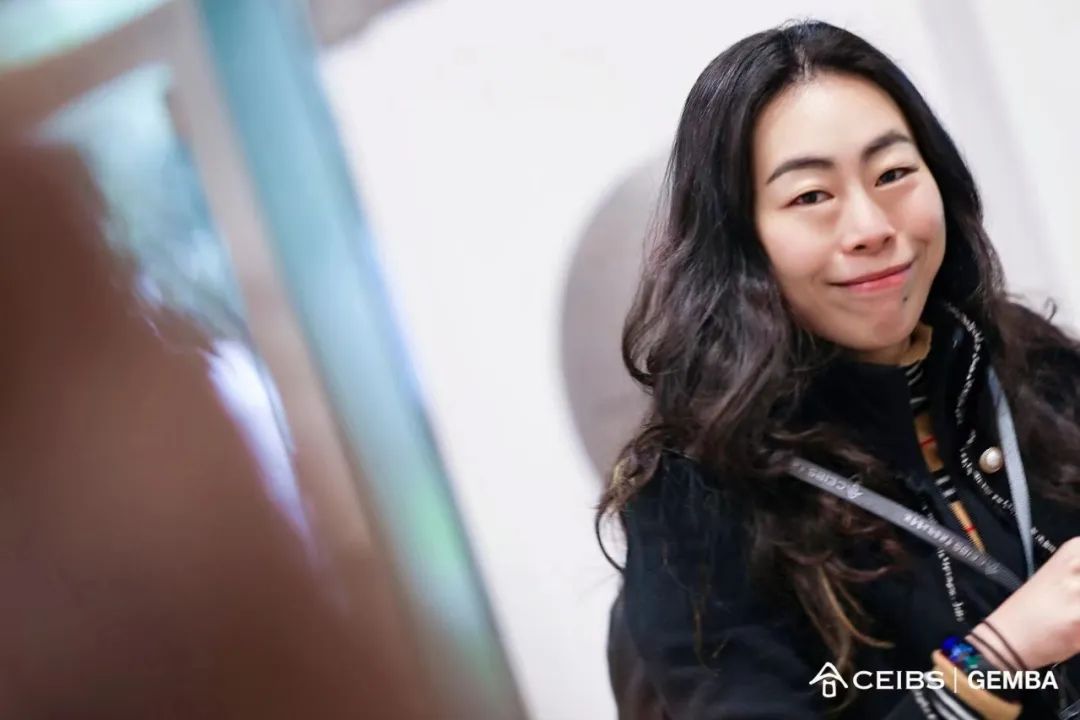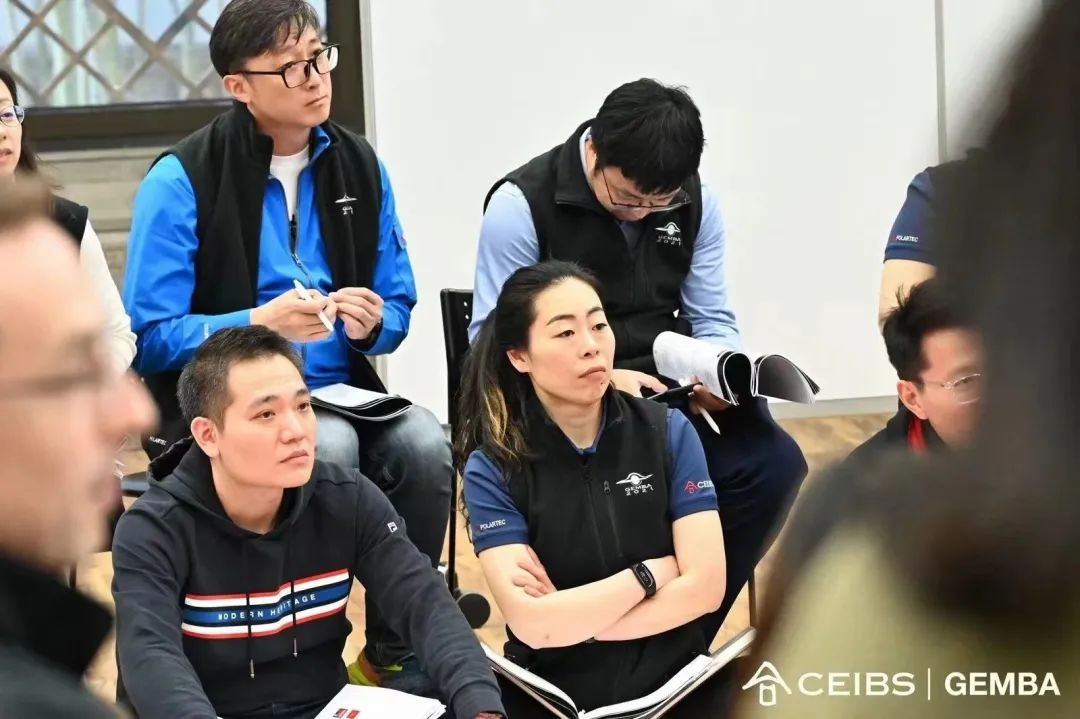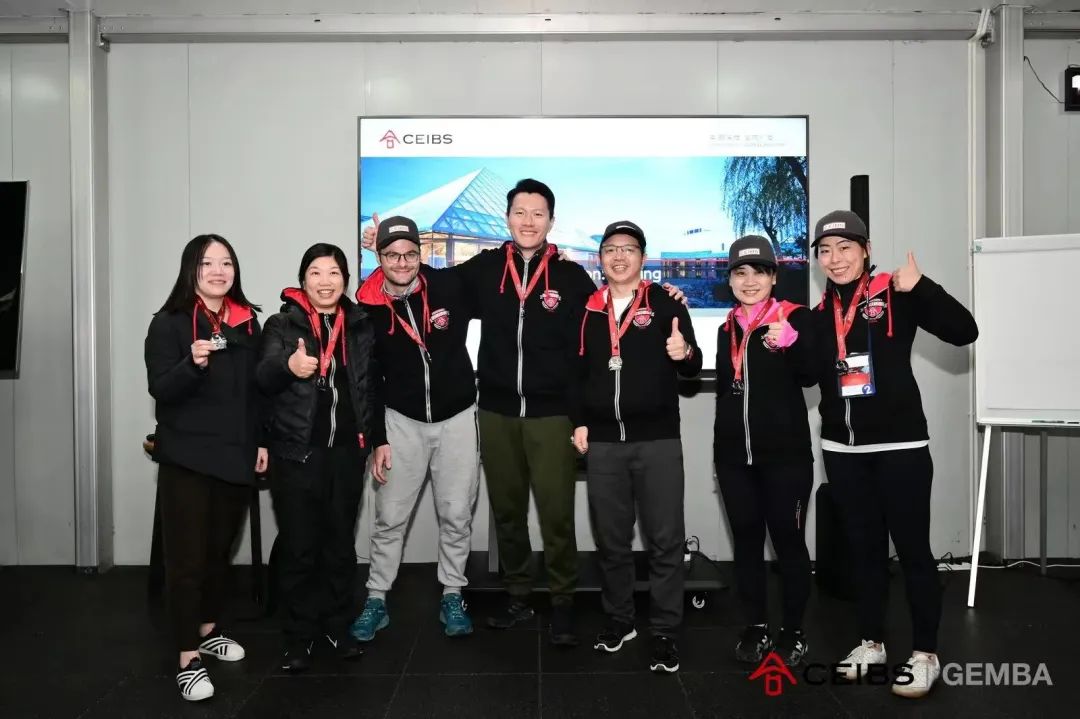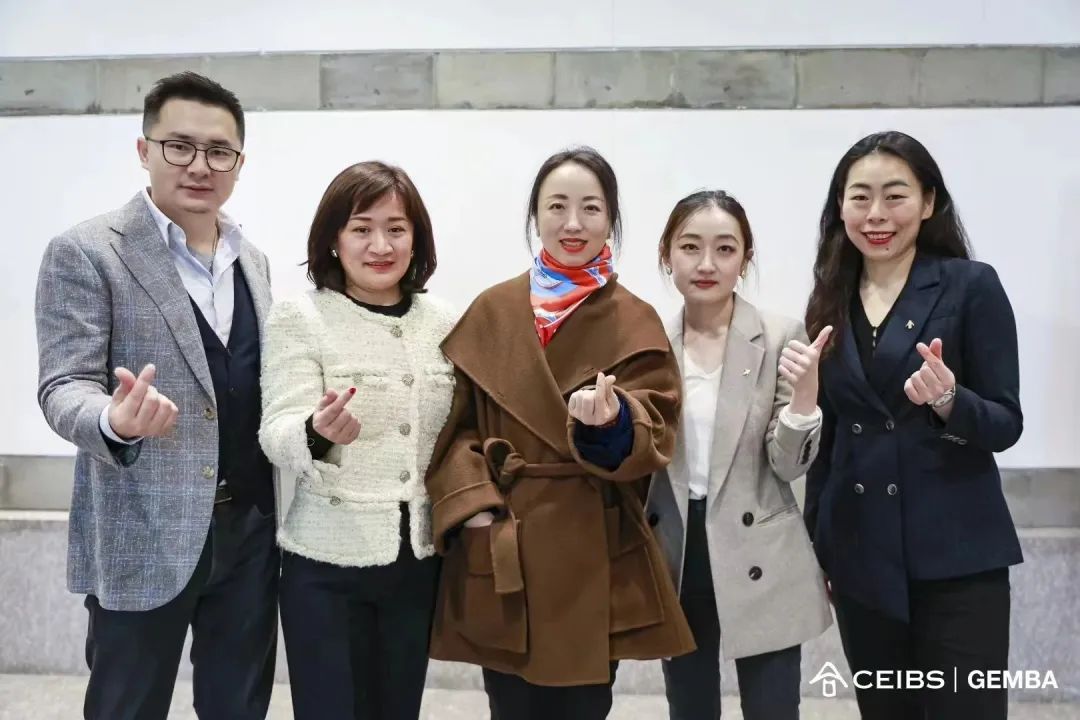What’s causing the China Pet Industry Boom?

Pet owners in China are a different breed today compared to ten years ago. They have more money, more spare time, and are much more knowledgeable about their furry companions. Thanks to years of economic growth and the proliferation of easy access to digital knowledge, pet owners are now more educated and, consequently, more discerning regarding their pet-care needs.
As a pet industry veteran and serial entrepreneur, Chloe Gu (CEIBS Global EMBA 2021) has closely observed this relatively swift change in consumer dynamics. Determined to provide the necessary expertise that the industry would need to meet these evolving demands, she founded MAKI Consulting in 2021. Starting with a staff of three, within 18 months MAKI has grown to 12 members and services hundreds of veterinary clinics across China. It also counts some of the biggest veterinary chains among its clients, including several state-owned companies.
We asked Chloe all about MAKI’s dramatic debut, what it means for the veterinary sector and wider pet industry, and her take on female leadership in China today.
From family clinic to modern business – Owners must move with the times
“It used to be the case that vets could operate pretty much however they wanted,” Chloe explains. “Competition was limited, while the demand was vast and usually underserved. So, vets could sit back and simply wait for business to come to them. That’s no longer the case. Today, competition is fierce and only growing more so. Vets now understand that they need to differentiate, they need branding, and they need to know how to speak to their ideal customer.”
The traditional setup for individual clinics was the ‘couple team’, where the husband was the trained vet and the wife would run the reception, manage suppliers and generally handle any relevant back-office functions. At a time when most pet owners would likely choose a clinic based primarily on the convenience of location, this informal, ad-hoc operational style was sufficient, but not any longer.
Chloe has seen the pressing need for smaller clinics to shift away from the small family business set up and become more capable, responsive modern companies. This is where MAKI comes in. They provide consulting services on everything from marketing efforts to day-to-day operational processes, HR, HIS (Hospital Information Systems) data management, recruitment and even M&A activity consulting for the bigger firms.
As MAKI’s swift growth trajectory shows, these changes are happening quickly, and clinics of all sizes need help in reconfiguring themselves to the new market reality. Smaller clinics want to take on professional managers who can modernise the business, while larger veterinary chains want to expand their market share quickly and position themselves as premier brands for targeted customer segments.
“We’re right in the middle of the transition – there’s a fundamental rethink going on for most players across the industry. Everyone is feeling the pressure to provide a better, more comprehensive level of service to their customers, or face losing out to someone who’s swifter.”

Looking ahead – Expanding the brand
Big vet chains aren’t the only ones who want to increase their footprint. With several major recent client acquisitions under her belt, Chloe has her eyes on the horizon. Having started from a secure position in Shanghai and Beijing, MAKI’s client base now extends right across China, bringing a whole new range of region-specific challenges and opportunities.
“It’s a great time for expansion; that’s what is driving the mentality of both big and small players. With more capital-controlled big chains entering the market, buying up smaller clinics is the fastest way to secure initial market share, so they’re looking at the most cost-effective purchases to target. On the other side of the coin, many individual clinics spy an opportunity to make themselves attractive for acquisition. They want to be able to demonstrate they are viable prospects, maximising their potential buyout price. This all contributes to the speed of the modernisation process, as nobody wants to be left behind. Consequently, it’s driving up demand for consulting expertise, as not everyone has the capability to make the necessary changes in-house.”
As for specific goals, Chloe wants MAKI to become the foremost consultant firm in China’s veterinary industry. While building brand recognition will be key, scalability is also uppermost in her growth strategy, as MAKI continues to target the larger-scale enterprises and chains.
“We’ve enjoyed a lot of success with smaller clinics whose annual revenues are under 5 million RMB. However, for the next phase of MAKI’s growth, we’re aiming for 10m+ enterprises, to help achieve the kind of regional and then national scale we want. What’s very exciting right now is that we’re in discussions with two of the top five chains in the country, to provide some small, targeted projects initially. We really want to build those relationships so we can help grow the industry as a whole.”

Making both wings strong – Female Leadership in 2023
We asked Chloe to share her thoughts on how female leadership has evolved during her time as a top-level executive and entrepreneur. Similarly, how does she think attitudes towards the nature of leadership are changing in China?
“My experience of leadership is somewhat unique. I came from an all-girls school – a rarity in China – where we were encouraged to do anything we set our minds to. We were educated to believe wholeheartedly in the power of female leadership. When I joined the TMT (technology, media, and telecoms) industry there was a strong female presence and an attitude of openmindedness regarding gender roles in leadership."
Chloe explains that where previously female strengths and capabilities would frequently be underestimated, this too has changed rapidly and markedly during her years in leadership. As we continue to move to less industrialised times, the reliance on physical strength becomes less important as we digitalise and automate so many aspects of business operations. Similarly, the growing presence of female leaders across all sectors provides more examples of success stories built on the idea that men and women can combine their strengths to achieve the best results.

“Previously, there was a feeling among female executives that if you want to succeed, you had to work and act like your male counterparts. You must be willing to do a lot of business travel, work any hours, and drink alcohol as part of client relationship management. But more recently, I see that’s changing. I see so many great female leaders coming through who reflect on making the most of their own strengths, rather than automatically trying to imitate male ones. Today, we’re all working on how to work together better. It’s not a zero-sum game with winners and losers, it’s about combining strengths and integrating capabilities. That’s when everyone has a chance to shine.”
As an enthusiastic member of the CEIBS Global EMBA Female Leadership Club, Chloe says that her time at CEIBS allows her plenty of opportunities to think on this vital topic and develop leadership strategies with her male and female cohorts. Increasingly, she believes that the mentality among women that they should shy away from the top jobs and aim for subordinate positions is a barrier that is falling away. More broadly, she can observe the development of a more inclusive ‘mixing culture’ that is replacing the ’imitation culture’ of the past.

“Professor Bala [Professor of Economics, Associate Dean and Director of the Global EMBA Programme at CEIBS] says that the male and female elements of society are like the wings of a bird; it can only fly well if both wings are strong. I fully believe that. We need to make sure that both ‘wings’ are always working together as best we can, and we need to talk openly and strategically about what different strengths and perspectives we’re bringing to the table. It’s better for society, it’s better for business and it’s better for all individuals within a given organisation.”
As MAKI prepares for its next stage of development, Chloe continues to mix studies, business and the development of leadership strategies, inspired by the changes happening in her industry and in the working environment more generally.










